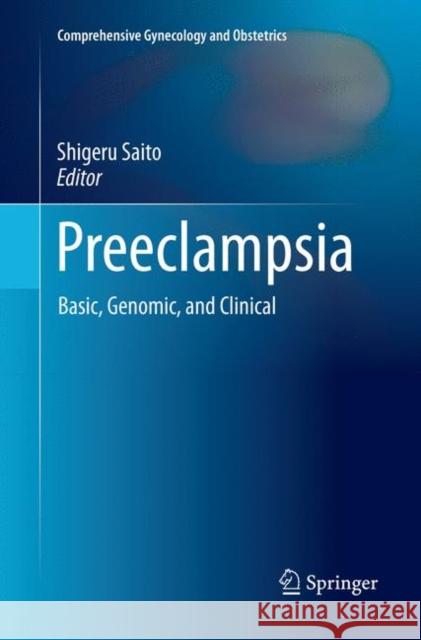Preeclampsia: Basic, Genomic, and Clinical » książka
topmenu
Preeclampsia: Basic, Genomic, and Clinical
ISBN-13: 9789811338649 / Angielski / Miękka / 2018 / 290 str.
Kategorie BISAC:
Wydawca:
Springer
Seria wydawnicza:
Język:
Angielski
ISBN-13:
9789811338649
Rok wydania:
2018
Wydanie:
Softcover Repri
Ilość stron:
290
Waga:
0.45 kg
Wymiary:
23.62 x 23.62 x 1.27
Oprawa:
Miękka
Wolumenów:
01











